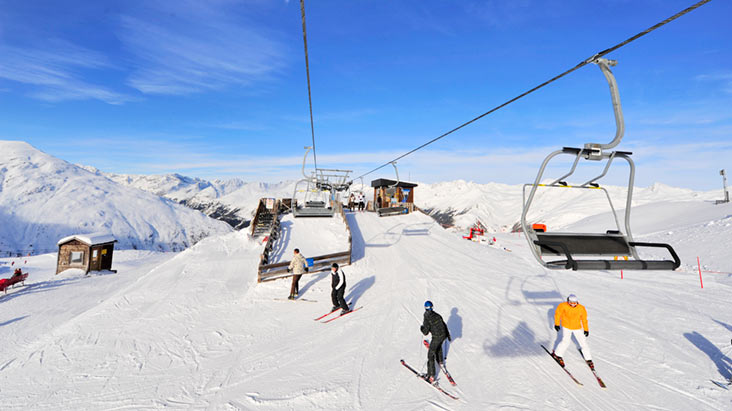
At the Historical Association Conference visitors to the Rayburn Tours stand spent a lot of time talking about historical anniversaries and tours.
This was particularly apt as we were nearly at 70 years from Monte Cassino (now passed) and on the horizon was D Day 70 and at the end of June the one grabbing all the media attention – the anniversary of the shot that leads to the start of the First World War.
The discussions tended to focus on whether it was important to visit a site at the time of an anniversary especially in a significant year.
Well, not to boast, I attended D Day 60, 65, and 66. Monte Cassino 60. Dunkirk 70 and I’ve been at quite a few First World War anniversaries and there is no denying that those events were really important and memorable. However, those events were also crowded, busy, involved a lot of standing about and held the most relevance for either veterans or those who already knew a reasonable amount about the event’s significance. Holding an anniversary event is an important way of marking respect and raising awareness and should be continued by the following generations once the veterans are no more – but it’s not the best way to deliver education about the actual event being marked. Being able to visit Normandy or the Western Front without having a road blocked for a head of states cavalcade is far more interesting and educational. What is more, standing at a memorial or visiting one of the CWGC cemeteries with a small group to learn about the men (and maybe women) who are buried there and reflect on their sacrifice is as poignant and memorable as any staged event.
Visiting a site where history played out is an important way for people, especially students, to root the past into a reality. The visit helps to create a broader understanding of what happened and to whom (“wow they had to get up that beach”, “to make it across that open ground”) It is the visit that is significant whilst the anniversary can act as a driver for a visit or exploring the history.
A good knowledge and understanding of history or historical events can and should create a desire for people to want to participate and initiate commemorative events, but is should be that way round. If it’s an anniversary that someone wants to focus a trip or topic on in teaching then history fortunately is littered with them and every day during the two World Wars something important happened and unfortunately someone from somebody’s family was killed or injured. It’s what happened rather than the day of the year that matters!
As the big anniversaries come up over the next few months, whether I’m at home or at work, I will think of them as a chance to pay my respect to those that had their lives and communities changed forever by the original events. I will also use it as a reminder that a visit to these places, whatever the date, is a trip of importance for continuing respect as the years pass, for educational understanding and for personal reflection.
Paula Kitching History Tours Development Manager